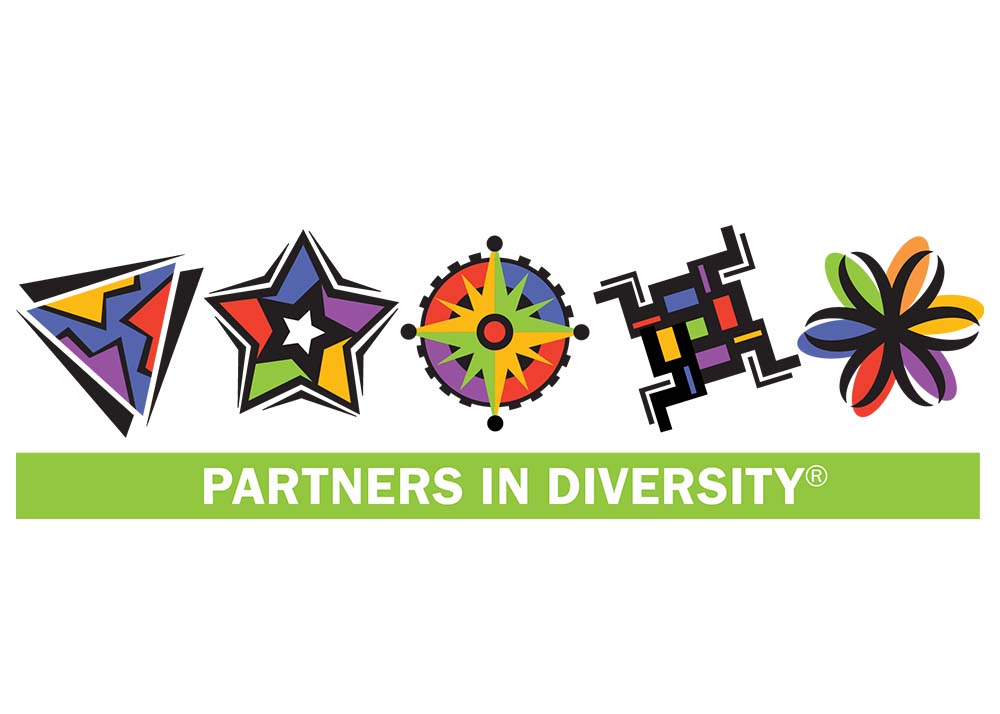
Mari is off this month, so Tracey Lam, APR, director of programs and communications, shares her thoughts.
Many executives tell us that diversity, equity and inclusion (DEI) are important to them. When it comes down to it, even some of the most well-intentioned leaders fall short of the mark and in some cases, perpetuate harmful conspiracy theories.
At a recent conference, I walked into a room full of business leaders from all over the country who, moments ago, had finished listening to a presentation on the importance of including DEI in their communications plan. A woman with curly brown hair a few rows from the stage raised her hand and declared that “DEI is inherently un-inclusive” because it, according to her, focuses on people of color and other marginalized communities. She said that she has trouble getting buy-in from her white leaders because they fear that they are being left out.
This sentiment is dangerous — and quite frankly absurd. Not only does it lack understanding of the purpose of DEI work, but it also has shades of the “replacement theory.”
The so-called “great replacement” is a conspiracy theory that nonwhite individuals and Jews are brought into the U.S. to “replace” white people. It is often touted by anti-immigration groups, anti-Semites, white supremacists, and other far-right individuals. It’s used to demonize immigrants, spread hate and violence, and undermine democracy.
The woman who raised her hand, and others like her, need to understand that DEI work attempts to right a wrong that has plagued our country for centuries. It is about giving everyone a fair shake. It’s not a zero-sum approach. It’s not an either-or situation. When done correctly, DEI helps operationalize programs that move all groups—yes, even those in the majority—toward success in a manner that is customized for that group’s particular needs at that time.
We must stop the us-versus-them mentality. We urgently need to align our policies, procedures and behavior to create equity and belonging.
~ Tracey Lam, APR